"Ukraine has announced that it will no longer supply Russian gas from 2025. But what could be behind the move," raised the question Oliver Hortay on his social media page. The head of Szazadveg's climate and energy policy division provided some details.
Russia and Ukraine have been at war for more than a year and a half. However, there is one area where cooperation between the two countries has not broken down: energy deliveries. The two sides are shelling each other, but they take care that the pipelines remain undamaged and fulfill contractual obligations, so Russian oil and gas continue to reach the European market. The situation pays off for both parties: Russia's budget is helped by high energy prices, while Ukraine's budget is helped by high transit fees. The gas deliveries come under a contract that the parties signed on December 30, 2019, just one day before the previous contract expired.
It is telling that in the weeks leading up to the conclusion of the agreement, Ukraine repeatedly hinted that it will not sign the contract, so it was possible to negotiate higher fees for the country.
The current contract expires at the end of 2024, more than a year from now, but Ukraine already announced in the summer that they will pull out. So apart from a price hike, this time there could other reasons underlying the statements. As one of the reasons, the head of the Ukrainian gas company, Oleksiy Chernyshev, pointed out that Europe will no longer need Russian gas when the current contract expires.
"However, this is not true. There is no joint sanction on gas and this is not a coincidence. In July, for example, the CEO of Austria's largest gas supplier said that they had a contract with Russia's Gazprom until 2040, and that they intended to rely on it. The other reason is that, and I quote, 'Supporting Russia with purchasing Russian gas during the war is ridiculous'. However, this argument is rather absurd. While there is nothing wrong with Ukraine receiving transit fees since the start of the war and continuing to do so for more than a year, buying is ridiculous? Moreover, Russian gas partly covers the energy needs of Ukrainians, that is, Ukraine not only delivers but also purchases gas through intermediaries," Oliver Hortay pointed out.
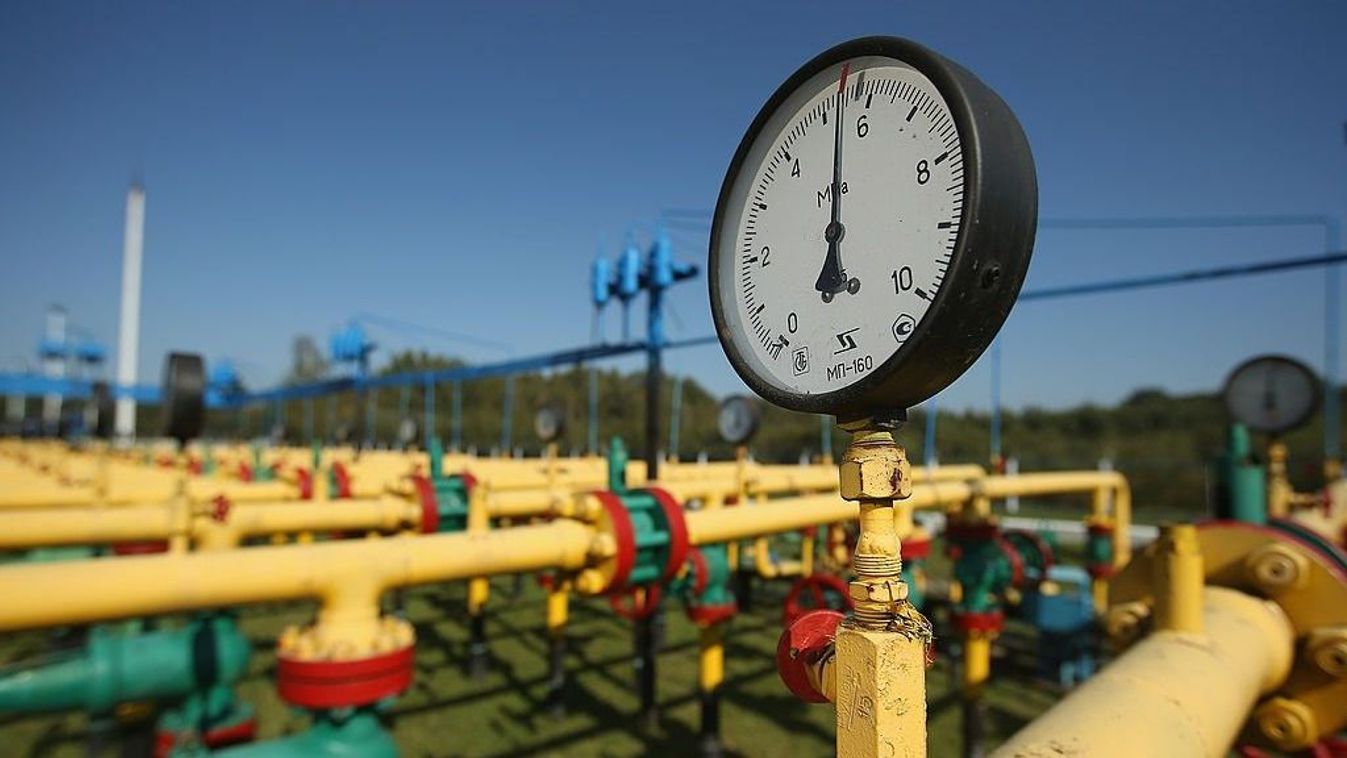
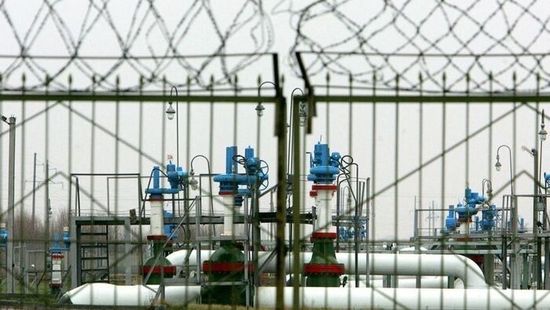
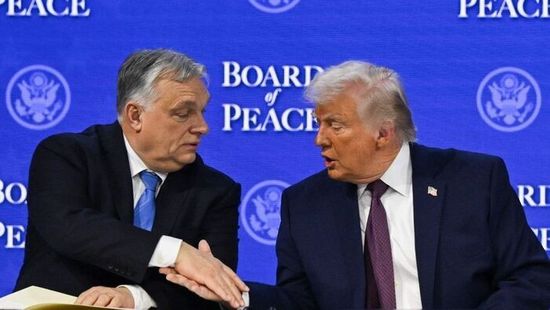

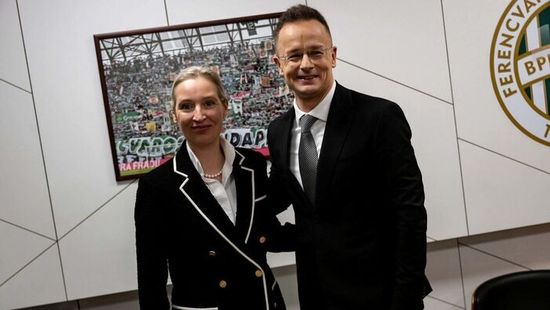

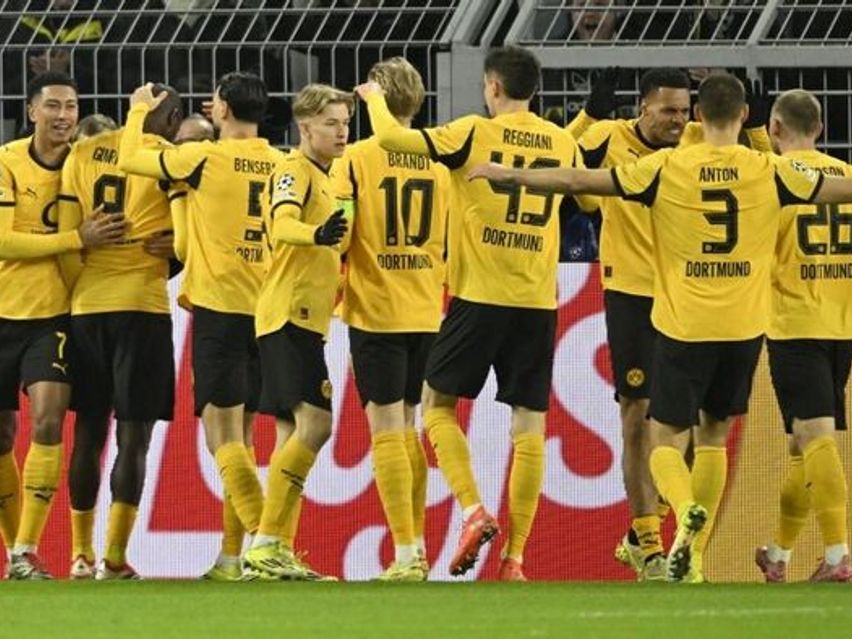
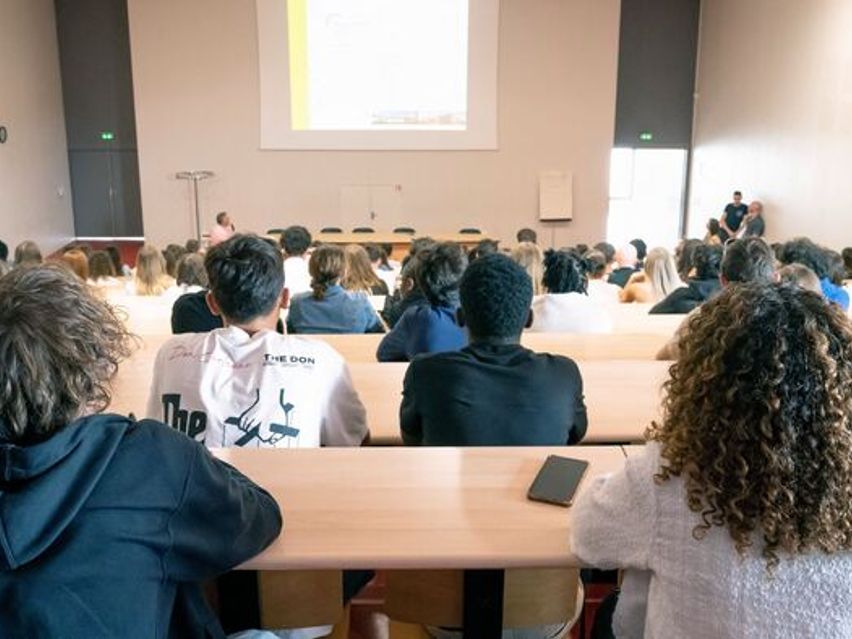

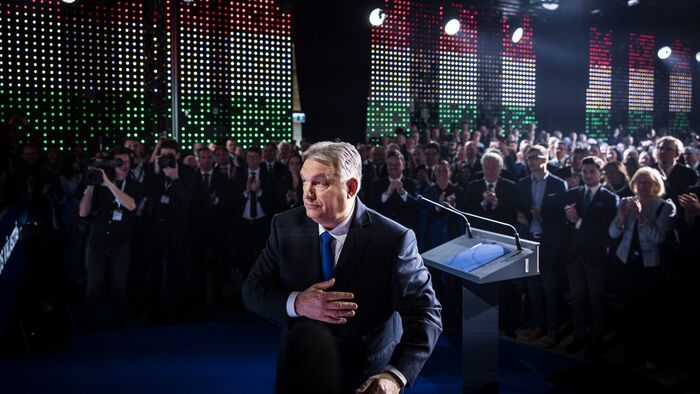

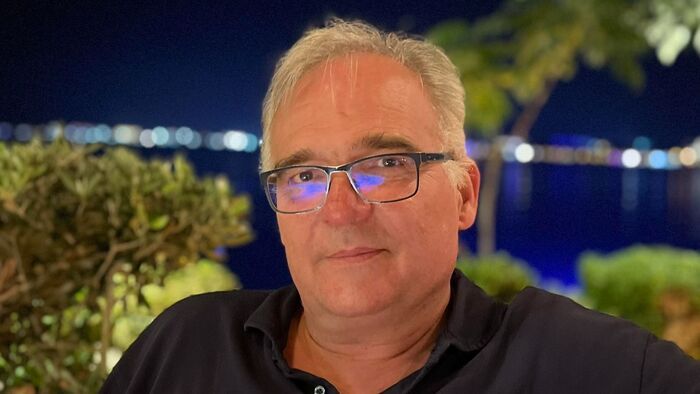
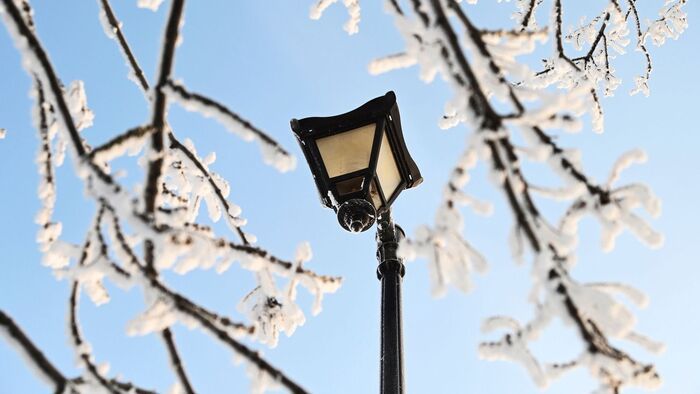

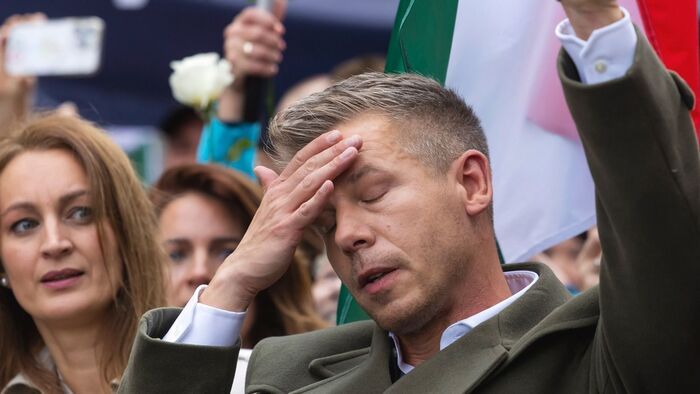
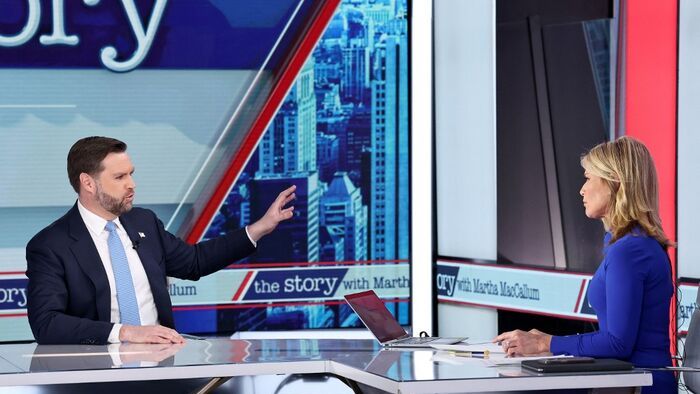
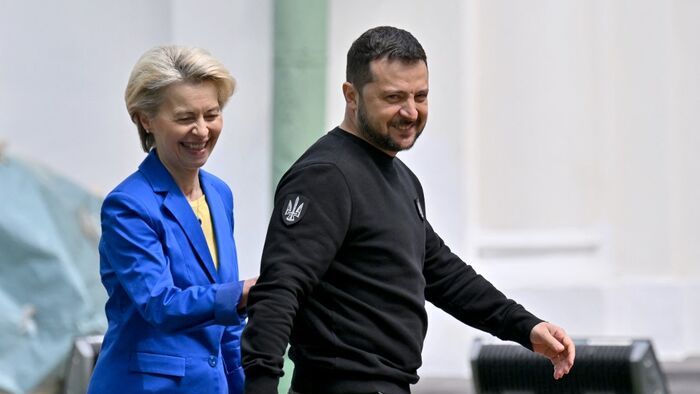
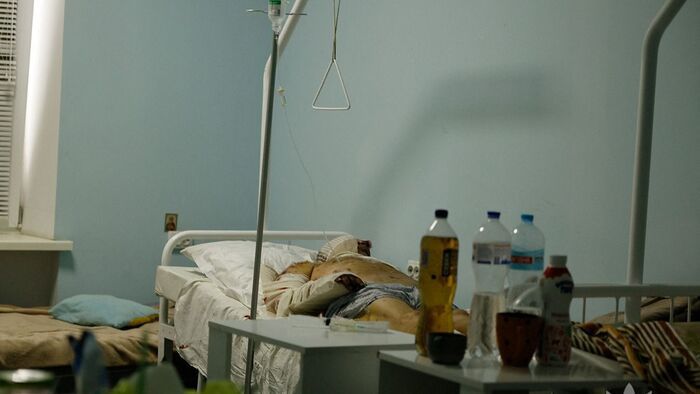



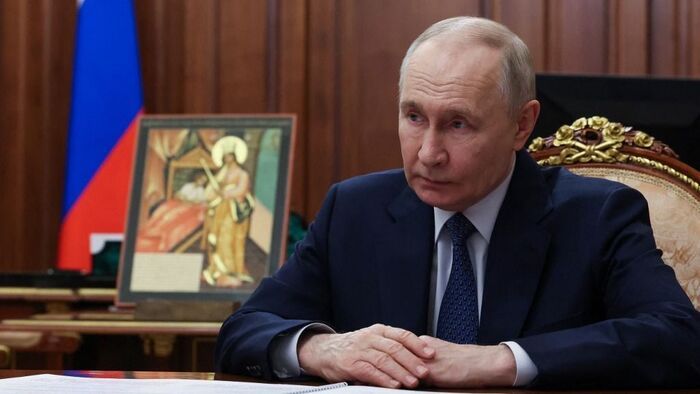

Szóljon hozzá!
Jelenleg csak a hozzászólások egy kis részét látja. Hozzászóláshoz és a további kommentek megtekintéséhez lépjen be, vagy regisztráljon!